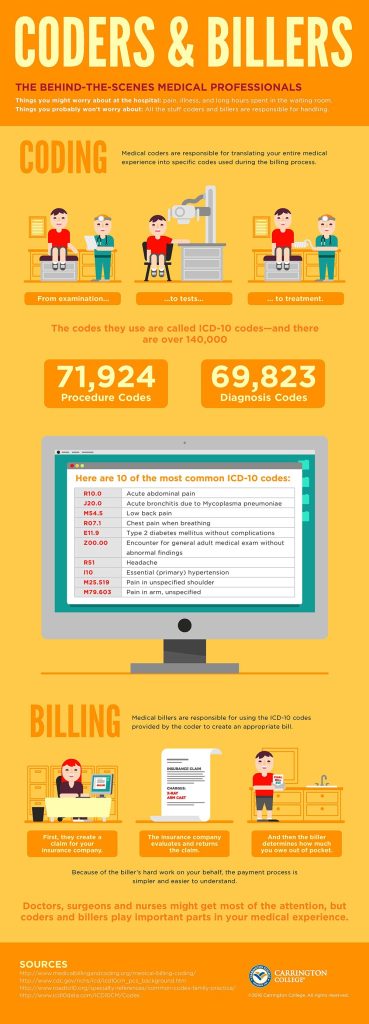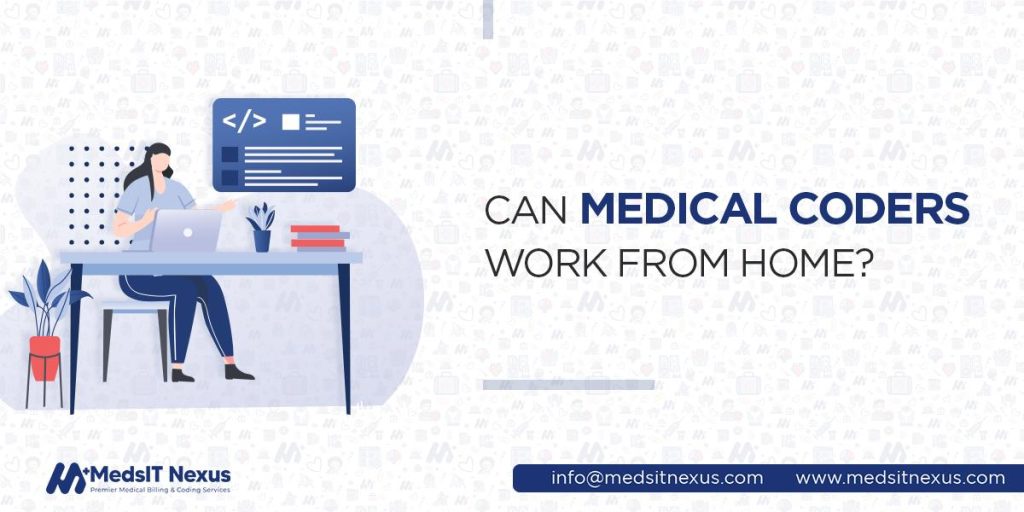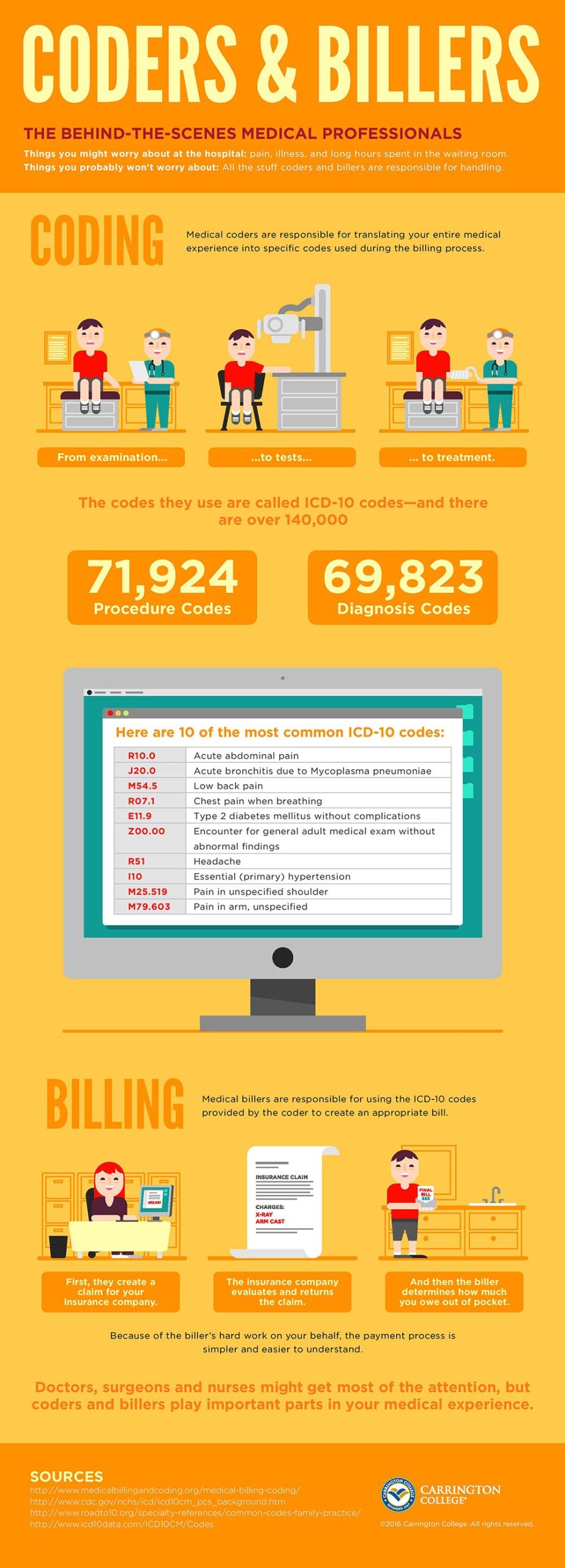In the field of medical billing and coding, you may often find yourself wondering what the hardest aspect of this profession is. With the intricate and complex nature of healthcare, it comes as no surprise that certain challenges arise when it comes to accurately billing and coding for medical services. However, understanding the specific difficulties you may encounter in this field can help you prepare for them and ultimately excel in your career.
In this article, we will explore the various challenges and obstacles you may face when it comes to medical billing and coding. From keeping up with ever-changing coding guidelines to deciphering complex medical terminology, we will delve into the detailed nuances of this profession. By gaining a deeper understanding of the difficulties associated with medical billing and coding, you will be better equipped to tackle these challenges head-on and achieve success in your role. So, let’s dive in and discover what makes medical billing and coding such a demanding and rewarding profession.
Understanding Medical Terminology
When it comes to medical billing and coding, understanding complex medical terminology is one of the biggest challenges you may face. Medical terms can be difficult to comprehend, as they often rely on Greek or Latin roots and have specific meanings within the context of healthcare. To overcome this obstacle, you need to dedicate time and effort to learning and memorizing medical terms.
Learning complex medical terms
To learn complex medical terms, it is helpful to break them down into their component parts. Medical terms often consist of prefixes, roots, and suffixes, each of which provides valuable information about the term. For example, the prefix “hypo-” means below or under, while the root “glyc” refers to sugar. By breaking down the term “hypoglycemia,” you can deduce that it means low blood sugar.
There are many resources available to help you learn medical terminology. Online courses, textbooks, and flashcards can all be useful tools in your learning journey. It is also important to practice using medical terms in context, as this will help you remember their meanings and become more comfortable with their usage.
Keeping up with ever-changing terminology
Medical terminology is not a static field. New terms are constantly being introduced, and existing terms may change or become obsolete over time. This makes staying up to date with medical terminology a continuous learning process.
To keep up with ever-changing terminology, it is crucial to stay connected with professional organizations, attend conferences and seminars, and participate in continuing education programs. These opportunities provide you with the latest information on medical terminology and ensure that your knowledge remains relevant and accurate.
Interpreting Physician Documentation
Interpreting physician documentation is another challenging aspect of medical billing and coding. Physicians often have unique handwriting and may use abbreviations and symbols that are unfamiliar to others. As a medical biller and coder, it is your responsibility to decipher these documents and extract relevant information.
Deciphering handwriting and abbreviations
Deciphering handwriting can be a frustrating task, particularly if the physician’s hand is not legible. In such cases, it is important to utilize your knowledge of medical terminology and context clues to make educated guesses. If you are still unsure about a particular word or phrase, it is crucial to seek clarification from the physician or a senior member of the healthcare team.
Abbreviations are commonly used in physician documentation to save time and space. However, not all abbreviations are universally understood, and some may have different meanings depending on the context. It is essential to familiarize yourself with commonly used abbreviations in healthcare and have a comprehensive reference guide on hand to ensure accurate interpretation.
Extracting relevant information from lengthy documents
Physician documentation can be lengthy and detailed, containing a wealth of information. As a medical biller and coder, it is your responsibility to extract relevant information and translate it into the appropriate codes.
To effectively extract relevant information, it is essential to develop strong reading comprehension skills. You need to be able to quickly scan documents and identify key details such as diagnoses, procedures, and treatment plans. Additionally, you should have a thorough understanding of coding guidelines and regulations to ensure accurate code selection.

Navigating Coding Guidelines
In the world of medical billing and coding, it is vital to understand and navigate coding guidelines effectively. There are multiple coding systems in use, including the International Classification of Diseases (ICD), Current Procedural Terminology (CPT), and Healthcare Common Procedure Coding System (HCPCS).
Understanding multiple coding systems (ICD, CPT, HCPCS)
Each coding system serves a different purpose and contains its own set of codes and guidelines. The ICD system is used to classify diseases and health-related conditions, while the CPT system is used for reporting medical procedures and services. The HCPCS system, on the other hand, is primarily used for reporting healthcare services, supplies, and equipment.
To navigate these coding systems, you need to have a clear understanding of their purpose and how they interact with each other. Studying the official coding guidelines and manuals provided by organizations such as the American Medical Association (AMA) and the Centers for Medicare and Medicaid Services (CMS) is essential for accurate coding.
Applying correct codes based on specific guidelines
Coding guidelines provide specific instructions on how to assign codes based on different scenarios. These guidelines often include information on code sequencing, modifier usage, and documentation requirements. It is crucial to adhere to these guidelines to ensure accurate coding and compliance with regulations.
To apply the correct codes based on specific guidelines, you need to have a deep understanding of the medical terminology, procedures, and services being documented. Additionally, staying updated with any changes or updates to the coding guidelines is essential to ensure continued accuracy.
Dealing with Insurance Companies
Dealing with insurance companies can be a daunting and complex process. As a medical biller and coder, you are responsible for submitting claims and dealing with denials, ensuring proper reimbursement for healthcare services.
Submitting claims and dealing with denials
Submitting claims to insurance companies requires attention to detail and accuracy. Any errors or missing information can result in claim denials or delays in reimbursement. To avoid this, it is essential to thoroughly review claims before submission and verify that all necessary documentation is included.
Inevitably, there may be instances where claims are denied by insurance companies. Dealing with denials requires proactive communication, documentation review, and the ability to navigate insurance company policies and procedures. By understanding the reasons behind denials and communicating effectively with insurance representatives, you can increase the chances of successful claims resolution.
Negotiating reimbursement rates
Insurance companies often negotiate reimbursement rates with healthcare providers, which can pose challenges for medical billers and coders. Understanding the complexities of reimbursement methodologies and fee schedules is essential when negotiating rates on behalf of healthcare facilities.
To effectively negotiate reimbursement rates, it is important to gather and analyze data on market rates, patient population, and the financial needs of the healthcare facility. This information can be used to support negotiations and advocate for fair and reasonable reimbursement rates.

Staying Updated with Regulation Changes
Regulations governing medical billing and coding are constantly evolving. Staying updated with these changes is crucial for accurate and compliant billing practices.
Adapting to frequent policy changes
Governmental organizations, such as CMS, regularly update policies and regulations related to medical billing and coding. These changes can impact coding guidelines, reimbursement rates, and documentation requirements. It is important to stay informed about these policy changes and adapt your practices accordingly.
Keeping track of new coding and billing requirements
New coding and billing requirements are introduced regularly, and it is important to stay informed about these changes. This may involve attending educational programs, participating in webinars, or joining professional organizations that provide updates on coding and billing requirements.
By staying updated with regulation changes, you can ensure that your coding and billing practices remain aligned with current standards and guidelines.
Managing Time and Deadlines
Medical billing and coding often require juggling multiple tasks and adhering to strict submission deadlines. Effective time management is essential to maintain productivity and meet the demands of the job.
Juggling multiple tasks and priorities
As a medical biller and coder, you may be responsible for handling a variety of tasks simultaneously. These tasks may include reviewing and validating documentation, assigning codes, submitting claims, and following up on denials. Effective task management and prioritization are essential to ensure that all tasks are completed accurately and on time.
Meeting strict submission deadlines
Submission deadlines are a crucial aspect of medical billing and coding. Insurance companies often have specific timeframes within which claims must be submitted to be considered for reimbursement. Failing to meet these deadlines can result in claim denials or delayed payments.
To meet strict submission deadlines, it is important to establish effective time management techniques. This may include creating a schedule, setting reminders, and efficiently allocating time for different tasks. Additionally, maintaining open lines of communication with healthcare providers and insurance companies can help facilitate timely submission of claims.

Ensuring Accuracy and Compliance
Medical billing and coding require precision and adherence to regulations to ensure accuracy and compliance.
Avoiding coding errors and inaccuracies
Coding errors can have serious consequences, such as claim denials and audits. To avoid coding errors, it is important to double-check codes for accuracy and ensure that documentation supports the assigned codes. Regular auditing and quality assurance processes can also help identify and correct coding errors before they impact reimbursement.
Following HIPAA regulations and privacy rules
Patient privacy and confidentiality are paramount in healthcare. As a medical biller and coder, you must adhere to regulations outlined in the Health Insurance Portability and Accountability Act (HIPAA) to protect patient information. This includes maintaining the security of electronic health records, limiting access to sensitive information, and appropriately handling and disposing of documents containing patient data.
Dealing with Complex Reimbursement Systems
Reimbursement systems in medical billing and coding can be complex and nuanced. Understanding these systems is essential to ensure accurate reimbursement for healthcare services.
Understanding reimbursement methodologies
Reimbursement methodologies determine how healthcare providers are paid for their services. These methodologies may include fee-for-service, bundled payments, or capitation. Understanding the intricacies of each reimbursement methodology is crucial to ensure accurate billing and maximize reimbursement.
Navigating complex fee schedules
Fee schedules outline the specific payment rates for different procedures, services, and supplies. These schedules can be complex, as they often vary depending on insurance plans and geographic regions. Medical billers and coders must be familiar with fee schedules and understand how to accurately apply the appropriate rates when submitting claims.

Handling Stress and Burnout
The field of medical billing and coding can be demanding and stressful. Handling stress and preventing burnout is crucial to maintain your well-being and professionalism.
Dealing with high-pressure situations
Medical billing and coding often require attention to detail and the ability to work under pressure. Timelines, audit pressures, and high volumes of work can contribute to a stressful work environment. It is important to develop coping mechanisms to effectively handle high-pressure situations, such as taking breaks, practicing mindfulness, and seeking support from colleagues or mentors.
Coping with the demanding nature of the job
The demanding nature of medical billing and coding can contribute to burnout if not properly managed. It is important to find healthy ways to cope with stress and establish work-life balance. Engaging in activities that promote self-care, setting boundaries, and seeking support when needed are essential for preventing burnout and maintaining job satisfaction.
Conclusion
In conclusion, medical billing and coding come with their fair share of challenges. Understanding medical terminology, interpreting physician documentation, navigating coding guidelines, dealing with insurance companies, staying updated with regulation changes, managing time and deadlines, ensuring accuracy and compliance, handling complex reimbursement systems, and coping with stress and burnout are all aspects of the job that require dedication and expertise. By continuously learning, staying updated, and developing effective coping mechanisms, you can navigate these challenges and succeed in the complex world of medical billing and coding.

